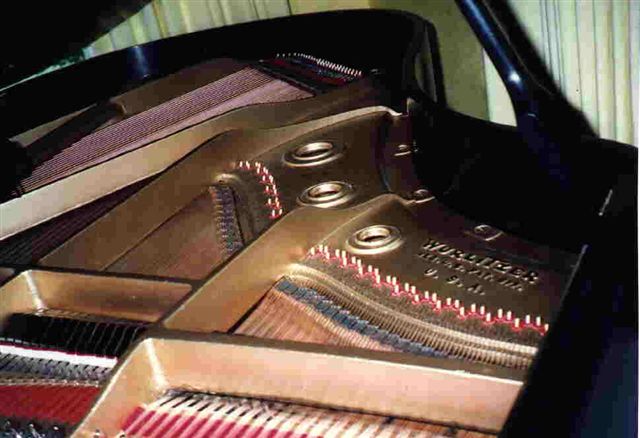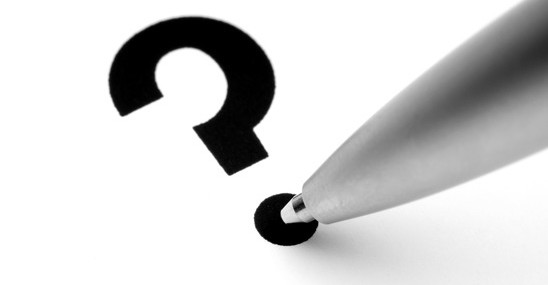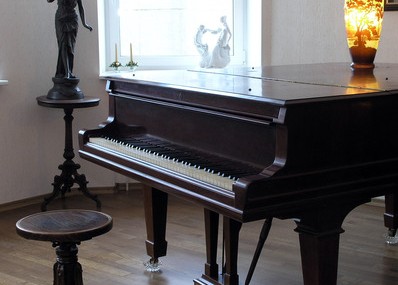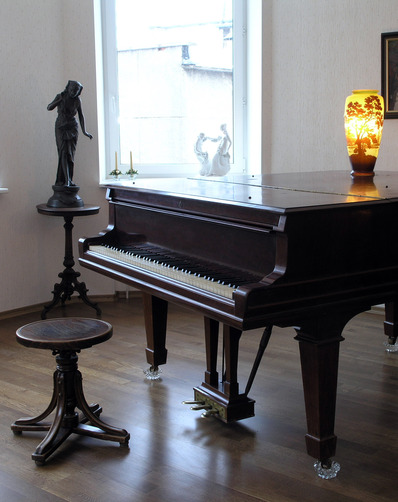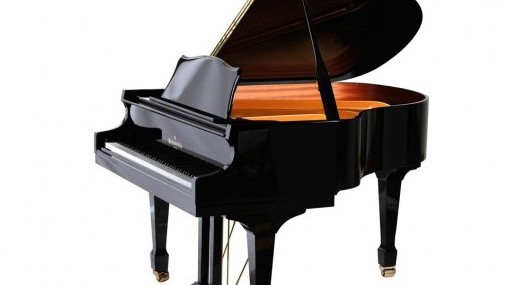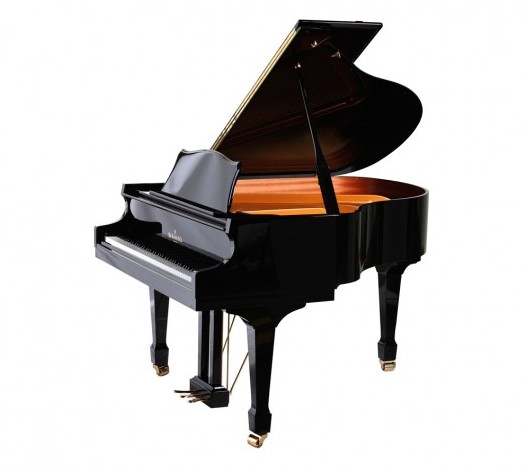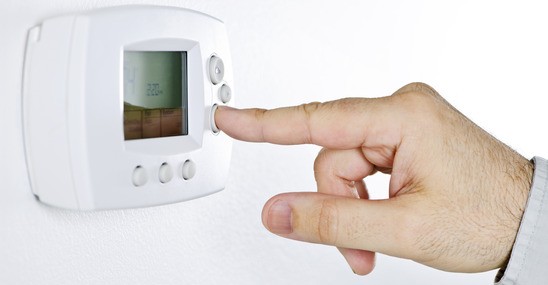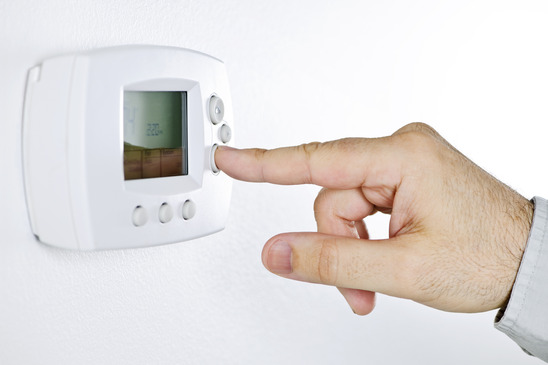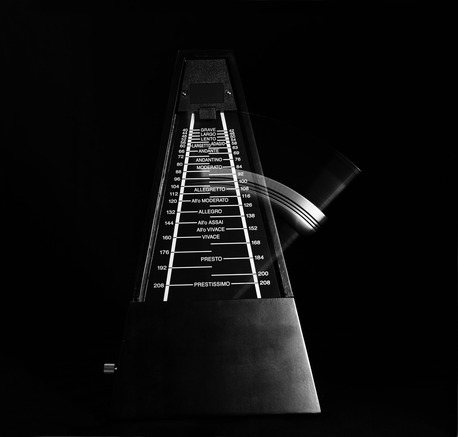A piano isn’t just another piece of furniture you can bring into your room and leave for years to come. A piano is a living, breathing instrument that takes care in order to keep it in great quality for playing, listening to, and overall enjoyment.
What special things should you do? It doesn’t take much. But with these simple steps, your piano will give you a lifetime of enjoyment.
Humidity
One of the most crucial steps to take in ensuring a long life is to control the humidity level in the room where your piano resides. Humidity will ensure stability of your piano tuning, and prolong the time in between need for tuning. It can also effect your key quality; too much humidity causes wood to swell, which means keys will stick.
Too low humidity can also have its impact. It can cause keys to stick, and can begin impacting the other vital wood parts of your piano. Low humidity has been known to crack soundboards.
Proper humidity inside the room should be in the range of 40 to 50 percent. In many areas it is impossible to maintain a constant level, but it is important to avoid low humidity in the winter months. Static electricity can put your piano at risk.
Never place your piano in an area where temperature can impact it on a varying and regular basis. Directly beneath, on top of, or beside a heating or air conditioner can severely impact the wood and the overall quality very quickly. And direct window light can quickly dry out wood, causing it to crack.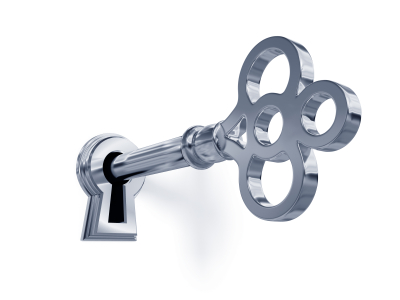
Cleaning
Cleaning your piano is an easy process. Use a microfiber cloth lightly dampened by water. Never use furniture polishes on the market today, as many contain silicone and other oil based chemicals that do not belong on wood, will dry it out over time and cloud the finish.
If you have a grand piano, it is wise to keep the lid closed when not in use. This will help keep the soundboard and strings free from dust and pet fur.
Never clean any part of the inside of a piano without instruction. Its best to leave this job to a master technician that understands the inner workings of your piano. You can lightly vacuum the inside with a brush attachment, but never use chemicals, furniture polish or water of any kind.
The keys are probably the easiest place on a piano to accumulate grime. The easiest way to clean them is with a soft, damp cloth with a simple solution of dish soap and water.
Have any questions? Give us a call today.
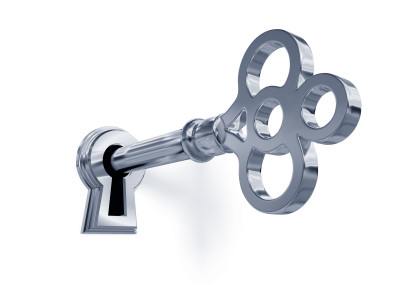

 Who will be using the piano?
Who will be using the piano?